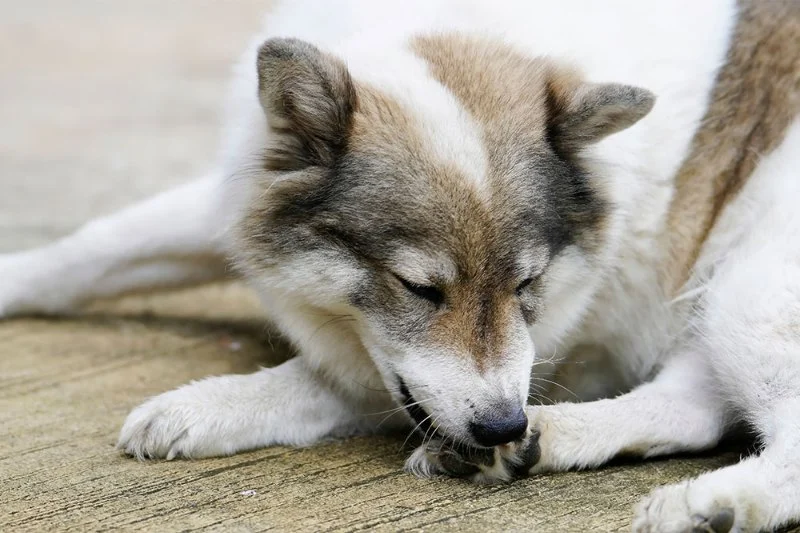
- Understanding Foreign Object Ingestion in Pets
- Common Foreign Objects Pets Swallow
- Immediate Actions to Take
- When to See a Vet
- Preventing Future Ingestion Incidents
1. Understanding Foreign Object Ingestion in Pets
Pets, especially puppies and kittens, are naturally curious and often explore their surroundings with their mouths. Unfortunately, this can lead to accidental foreign object ingestion, which can range from harmless to life-threatening. Knowing how to handle this situation quickly and effectively is essential for every pet owner.
Ingesting foreign objects is a common problem among pets, particularly dogs. It can occur when pets chew on household items, toys, or food packaging that they shouldn’t consume. Understanding why pets engage in this behavior helps you stay prepared in case of an emergency.
2. Common Foreign Objects Pets Swallow
Pets are known to chew on various items around the house, and in some cases, they end up swallowing foreign objects. Some common items that pets accidentally ingest include:
2.1 Small Toys and Parts
Small toys, like those with detachable parts, are frequent culprits. Pets may chew them until pieces break off, and they end up swallowing them.
2.2 Household Items
Things like socks, hair ties, and even pieces of clothing can be swallowed by curious pets. These items can cause blockages in the digestive system.
2.3 Food Packaging or Wrappers
Plastic wrappers, foil, and food containers can be accidentally ingested. Although these items may not be toxic, they can still lead to digestive issues or blockages.
3. Immediate Actions to Take
When you realize your pet has swallowed a foreign object, it’s important to act swiftly. Here are the immediate steps you should take:
3.1 Stay Calm
It’s easy to panic, but staying calm will help you think clearly and act quickly. Assess the situation and determine whether the object your pet swallowed could cause harm.
3.2 Monitor Your Pet’s Behavior
Keep an eye on your pet for signs of distress, such as vomiting, diarrhea, lethargy, or difficulty breathing. These symptoms may indicate that the foreign object is causing a blockage or injury.
3.3 Contact Your Veterinarian
If your pet shows any concerning symptoms or if the object swallowed is large, sharp, or toxic, call your veterinarian immediately. They will guide you on the next steps, whether it’s inducing vomiting or bringing your pet in for an examination.
4. When to See a Vet
In some cases, the object your pet swallowed may pass through their system without causing harm. However, there are certain situations where seeing a vet immediately is crucial:
4.1 Large or Sharp Objects
Large or sharp objects, like bones, batteries, or metal, can cause severe internal injuries. They might get stuck in the stomach or intestines, leading to a blockage or puncture.
4.2 Toxic Materials
If your pet ingested something toxic, like certain foods (e.g., chocolate or grapes) or chemicals, immediate veterinary care is needed to prevent poisoning.
4.3 Persistent Symptoms
If your pet continues to show symptoms like vomiting, excessive drooling, or lack of appetite, a vet should examine them to determine if further treatment is needed.
5. Preventing Future Ingestion Incidents
While it’s important to be prepared for potential foreign object ingestion, preventing it from happening in the first place is the best approach. Here are some preventive tips:
5.1 Puppy-Proof Your Home
Just like baby-proofing your home, puppy-proofing involves removing or securing objects that could be harmful to your pet. Store small objects, toys with detachable parts, and food packaging out of reach.
5.2 Use Puzzle Toys
Give your pet puzzle toys that require them to work for their treats. This can help keep them engaged and reduce the likelihood of them chewing on inappropriate items.
5.3 Train Your Pet
Training your pet to follow commands and focus on appropriate toys is another way to reduce the risk of foreign object ingestion. Consistent training can prevent unwanted chewing and help your pet avoid dangerous items.
Conclusion
Accidental foreign object ingestion in pets can be alarming, but with the right knowledge and preparation, you can handle the situation calmly and effectively. Always monitor your pet’s behavior and contact your vet if you have concerns. By preventing access to hazardous items and training your pet, you can reduce the likelihood of future incidents. For more helpful pet products and advice, check out Pet & Puppy for the best options tailored to your needs.

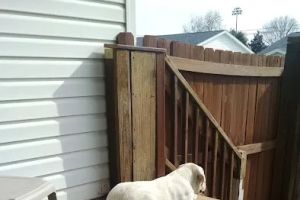
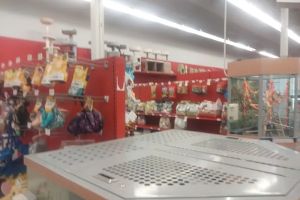

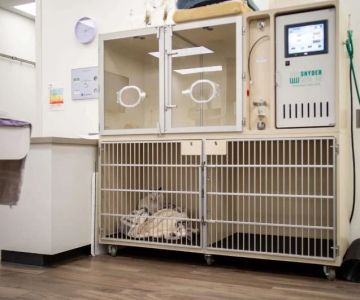
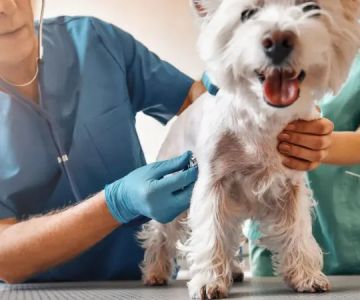
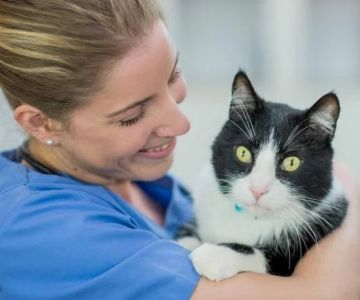
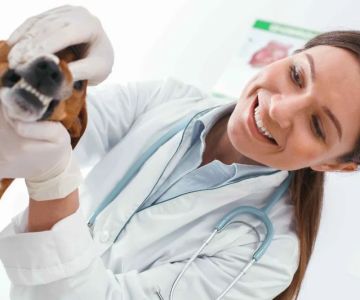

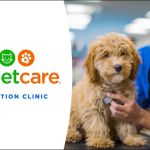 VIP Petcare Vaccination Clinic0.0 (0 reviews)
VIP Petcare Vaccination Clinic0.0 (0 reviews)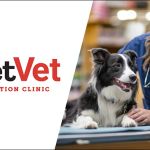 PetVet Vaccination Clinic4.0 (5 reviews)
PetVet Vaccination Clinic4.0 (5 reviews)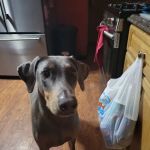 Moore's Animal Care Clinic4.0 (805 reviews)
Moore's Animal Care Clinic4.0 (805 reviews) Dr. Prather’s Farm Animal Veterinary Services5.0 (3 reviews)
Dr. Prather’s Farm Animal Veterinary Services5.0 (3 reviews)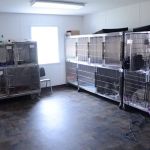 Portland Veterinary Clinic4.0 (134 reviews)
Portland Veterinary Clinic4.0 (134 reviews) Petland Eastgate3.0 (290 reviews)
Petland Eastgate3.0 (290 reviews)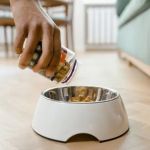 Why Some Pets Reject New Food & How to Smooth the Transition
Why Some Pets Reject New Food & How to Smooth the Transition How to Keep Aging Pets Comfortable at Home
How to Keep Aging Pets Comfortable at Home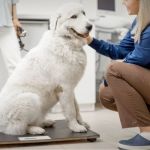 Monitoring Pet Weight: Tools & Strategies for a Healthy Pet
Monitoring Pet Weight: Tools & Strategies for a Healthy Pet Genetic Testing for Pets: What You Can Learn & What’s Useful
Genetic Testing for Pets: What You Can Learn & What’s Useful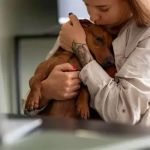 Remote Monitoring of Chronic Illness in Pets: A New Era in Pet Healthcare
Remote Monitoring of Chronic Illness in Pets: A New Era in Pet Healthcare What to Ask Before Boarding Your Pet: Vet & Staff Questions | Pet & Puppy
What to Ask Before Boarding Your Pet: Vet & Staff Questions | Pet & Puppy